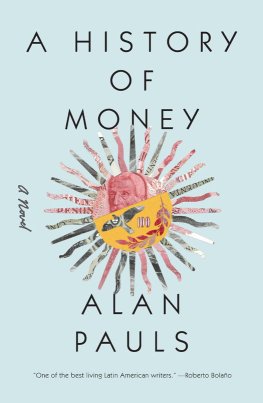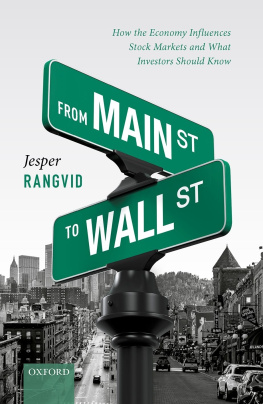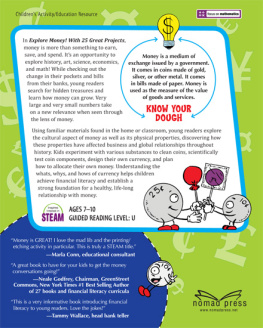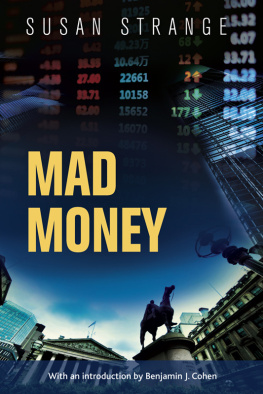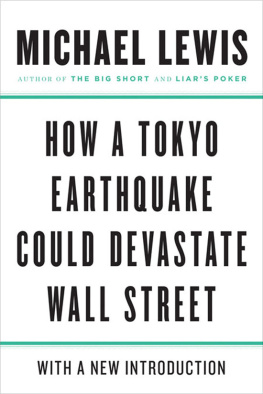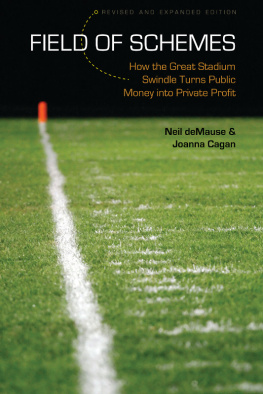n.b. Many names have been changed.
There was, for a while, a very large and very famous city. For an even shorter while, the richest man in town was its mayor. This seemed, for the time that it was true, like a very improbable coincidence.
More than eight million three hundred thousand people lived in this city then, but, by any sane criteria, only a few hundred of those people mattered to any single one of the others. One or more sex partners. The woman behind the counter at the nearest deli. Colleagues and coworkers, if the person in question was employed. The friends acquired along the way, like white hairs on a black sweater, from compulsory public school or discretionary college. College was an advanced form of education that usually cost a lot of money and that, in general, at least two out of three young people started, but only one in two would finish. One grew up with these intense school friendships, and then, as one grew older, those friends were joined, or sometimes replaced, with new people: friends of former lovers, and lovers of current friends. A favorite bartender or waiter, maybe. A millionaire, probably, or one of the seventy-one billionaires that then called the City home.
Beyond that bright bubble was a hazy landscape of everyone else. From that middle distance came the potential of a perfect match, the perfect accident, the perfect path to money or renown. It milled in every bar or party or tedious elevator. A new person would snap into focus and color for a second before blurring off.
Each person lived and moved and worked in his own thin particular slice, like a glass plate in a high, compressed stack. The happier, richer people, it was imagined, were up above in ever-thinner, ever-shinier glass plates. People with all the freedom, or a great job, or a loving boyfriend, or at least an empty and gorgeous apartment.
And below: thick slabs of the poorer, the lonelier, and the hopelessly left behind. Those were people whod gambled maybe with actual money and lost, or who had never had anything to begin with. There were so many more of them, an all-day warning to the foolishly ambitious or the reasonably aspirational.
From time to time, everyone could imagine himself near the top, climbing the face of this great glass pyramid, a feeling brought on by the fleeting exhilaration of a new job, or a great outfit, or an unexpected night of kissing in a doorway.
The Mayor, who employed at his private company at least ten thousand people, took an annual salary of only one dollar from the City while he held office. He leased seven hundred thousand square feet of business space in a building with his name on it, fifty-five stories tall. The building was completed just as he finished his first four-year term as mayor.
The tower was then only the fourteenth tallest building in the City. It was a slaty blue and everything around it was gray: gray gravel in the tucked-away driveway for all the drivers, gray stone curbs beneath the darker coats on the men who stood attentive at the slick glassy doors. This secret driveway gave a magical sense of the building being off the great sturdy grid of the City, which was all laid out in hard lines, except at some of the quiet and old edges, where the grid stuttered or became obscure, mired in its own history.
In addition to the Mayors business offices this building had 105 apartments.
A hedge fund operator and investor named Peter Thiel lived there. A hedge fund took rich peoples moneyat their own requestand made more money with that money. In his apartment were floor-to-ceiling windows, with floor-to-ceiling curtains. Everything in it was gray and blue and blacka long dark table, with white linens, where his private chef made him light and delicious breakfasts when he was in town.
A very famous and very beautiful pop singer named Beyonc owned an apartment there.
A TV anchor named Brian Williams lived there. His job was to uncover, or to at least read aloud, the news, which then came streaming into peoples apartments, for the benefit of a company that was part-owned by General Electric. General Electric was at the time one of the worlds most profitable companies. It was started by the man who first distributed electrical power just 120 years prior to this time.
Actually, both the current and a former chief of General Electric lived in the Mayors building where Brian Williams and Beyonc also lived.
Now nearly everyone in the City paid to have General Electrics news on the TV, and to have General Electrics power in their homes. Theyd open up their refrigerators and the electric cold would seep out all around them.
When it was new, a 1,360-square-foot two-bedroom apartmentso, a not particularly large onein that building was listed at 5.1 million dollars. A 1,726-square-foot two-bedroom apartment could be rented for 17,000 dollars each monththere were then twelve months in a yearwhich meant 204,000 annually.
One resident, Marc Dreier, a lawyer, had paid 10.4 million dollars for a four-bedroom apartment on the thirty-fourth floor. He couldnt live there any longer because he was now going to live in a prison, which was run by the government at that time. He was to stay there for twenty years; the laws he had broken included those prohibiting money laundering, and there were five counts of wire fraud and some other things, and so the apartment and everything in it was sold, to a man in the reinsurance industry named Ajit Jain, for just 8.2 million dollars.
Reinsurance was a kind of business transaction, where a company that sold insurance then transferred some of its insurance risk across multiple companies.
Insurance was an idea where, if you had something that you valued a lot, like an expensive painting or a child, you could pay a relatively small amount of money to a company and, if the painting was stolen or the child died, the company would pay you the agreed-upon value of the missing, or dead, object or person.
Companies offered this insurance because they made the payments just expensive enough that, almost always, the amount of money they were paid for these policies in total was more than they had to pay to replace peoples paintings and children.
The almost always was what they called the risk.
The contents of Marc Dreiers apartment that became Ajit Jains apartment included a bottle of Laurent-Perrier Cuve Ros Brut, an alcoholic beverage that cost between 80 to 90 dollars. Also Ajit Jain found himself the owner of a fruit pie, kept cold in the refrigerator. A pie was a dessert made from flour and butter and, in this case, raspberries and peaches, but, unfortunately for its new owner, this one had already been half consumed.
ONE COLD NIGHT in winter a young man named John walked down a street in the City. It was free to walk on the streets, although to take a public conveyance, such as a subway or a bus, cost money.


